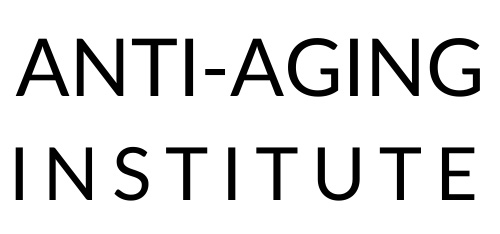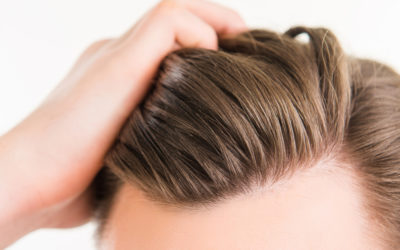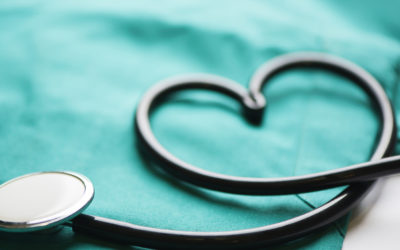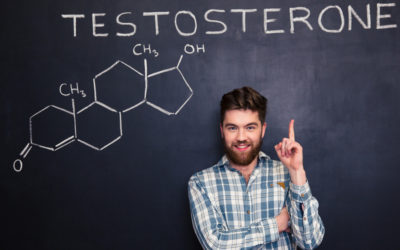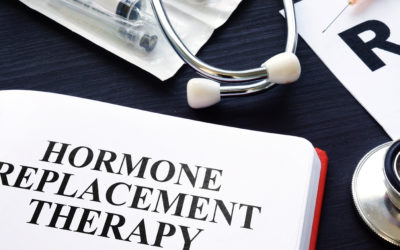Hormones are responsible for a plethora of functions throughout the body — including the role of building muscle.
One of these key hormones is testosterone, the only hormone that is able to cross the blood-brain barrier and convert itself into estradiol, which initiates the process of masculinization.
Throughout the cycle of a man’s life, his testosterone levels are kept perfectly in-check, but as older age approaches, hormone levels begin to fluctuate.
Most of the time this is natural, but unnatural fluctuations can cause hormonal imbalance and muscle loss. To learn more about this topic, check out this blog for more.
The Role of Hormones and Muscle Growth
The human body and most of its functions are governed by chemical messengers, known as hormones. Included in these many functions is the regulation of metabolism, weight, and muscle mass.
Anabolic and catabolic processes dictate how your muscles grow and are maintained. Both of these processes depend on specific hormones, such as testosterone, human growth hormone, and luteinizing hormone (LH).
In men, the testes produce testosterone. It then travels through the blood and delivers instructions to organs, tissue, and muscles. One of these key instructions is related to muscle growth and maintenance.
Testosterone and the Feedback Loop
The feedback loop in the male body is responsible for maintaining healthy levels of testosterone. This loop comprises three main glands: the testes, hypothalamus, and pituitary gland.
Signals sent from the hypothalamus to the pituitary gland trigger the release of luteinizing hormone (LH). LH then triggers the release of testosterone from the interstitial cells.
This feedback loop works on a consistent cycle to keep all key hormones regulated in order to maintain muscle mass. However, when there is a hormonal imbalance, the feedback loop becomes disrupted.
Hormonal Imbalance and Muscle Loss
Hormonal imbalance in men does not necessarily mean low levels of testosterone. In fact, it can mean the opposite. Imbalance simply refers to a shortage or excess of important hormones in the bloodstream.
However, when it comes to muscle loss in men, this typically means that testosterone levels are low.
Some of the most common signs of hormonal imbalance include:
- Muscle wasting
- Erectile dysfunction (ED)
- A loss of bone density
- Hot flashes
- Breast tenderness
So, what exactly causes a hormonal imbalance?
There is a myriad of factors that can affect your hormone levels at any given time. But most notably, stress is a huge contributing factor, as well as genetics, medications, illness, injury, your diet, and age.
Male Andropause
Women are not the only sex to go through the ”change of life”. Men also experience their own form of menopause, known as andropause.
The hallmark symptom of andropause is muscle wasting or muscle loss, due to hormonal imbalance. You guessed it — low levels of testosterone are to blame.
A natural part of the aging process in men is that testosterone levels decline. This is largely caused by a decrease in the size of the testes. And as a result, testosterone stores begin to deplete.
This causes an imbalance within the feedback loop of hormones required to grow and maintain muscle, which leads to a loss of muscle mass.
Some men may experience symptoms of andropause in their late 40s or 50s, while others may only experience symptoms in their 50s and 60s.
Find Hormonal Expertise With the Anti-Aging Institute
If you find that you are struggling with hormonal imbalance and andropause or menopause is not to blame, it’s important to get to the root of the problem.
At the Anti-Aging Institute, we offer expert service in assessing hormone levels and offering imbalance solutions. Learn more about hormonal imbalance treatment and how we can help.
